As a mountainous district with over 80% of the population being ethnic minorities, Dakrong district has its own cultural characteristics. Therefore, the district pays special attention to implementing the work of preserving, maintaining and promoting the unique cultural values of the ethnic groups in the area, promoting the movement "All people unite to build a cultural life" to contribute to improving the spiritual life of the people, arousing the sense of community solidarity in each residential area.

Pa Ko people in Ta Rut commune perform traditional cultural activities - Photo: ML
The project on innovation and improvement of the quality of cultural life in Dakrong district in the period of 2022-2025 is one of the solutions implemented by the district to contribute to preserving, maintaining and promoting the unique cultural values of local ethnic groups. To effectively implement the project, the District People's Committee has issued a plan; directed the implementation of propaganda work on the content and tasks of the project.
Directing the implementation of the work of building a cultural life, civilized lifestyle in weddings, funerals and festivals; the work of preserving and promoting tangible and intangible cultural traditions; building grassroots cultural and sports institutions... integrated through competitions, performances, conferences, cultural exchange programs, arts, physical education and sports; the movement "All people unite to build a cultural life"...
At the commune level, 13/13 communes and towns in the district have organized integrated propaganda through conferences of Party committees, authorities, the Fatherland Front and traditional anniversaries of mass organizations, national solidarity days, promptly conveying to the people the tasks and objectives of the project.
After more than 1 year of implementation, the project has initially achieved positive results. Currently, 76/78 villages have decisions to recognize the village covenant.
The movement “All people practice physical training following the example of great Uncle Ho” continues to be focused on. The number of people participating in regular physical training in the district is increasing; 100% of communes and towns have planned land for physical training facilities; sports competitions from the grassroots to the district always attract the attention, encouragement and response of the people. The district coordinates with the Center for Monument Management and the Provincial Museum to collect information to establish scientific records of 5 historical and cultural relics that have been specially ranked at the provincial level.
The Ministry of Culture, Sports and Tourism recognized the Ariêu Ping Festival of the Ta Oi (Pa Ko) people as a national intangible cultural heritage. In addition, 17 traditional art troupes were established in ethnic minority and mountainous villages to serve mass art activities in local political, cultural and social events.
Some intangible cultural forms such as gong culture, folk songs, folk music, folk dances, etc. of ethnic minorities have been collected and passed down by artisans. In 2023, the district provided policy support to 6 outstanding ethnic minority artisans to spread and popularize traditional cultural activities in the community with a total amount of 68 million VND; supported operating costs for 15 traditional art troupes in ethnic minority and mountainous villages with a total cost of over 287 million VND. Supported cultural and sports facilities in 36 ethnic minority and mountainous villages with a total cost of over 1.3 billion VND.
The total cost of implementing the project by December 2023 is more than 28.6 billion VND. Facilities and equipment of cultural houses and community activity centers at the commune and village levels are invested in new construction, upgrading and repairing in the direction of gradual standardization to meet the needs of cultural and sports activities, improving the spiritual life of the people. There are 11,073 households out of 11,816 households registered as cultural families; 10,324 households are recognized as cultural families, reaching 87.3%, an increase of 1.2% compared to 2022. The district reviewed and rewarded 6 typical residential areas that have continuously achieved the title of cultural residential area for 5 years according to Decree 122/2018/NDCP of the Government; proposed the Provincial People's Committee to recognize the title of cultural residential area for 72/78 residential areas.
In the coming time, the district will continue to improve the effectiveness of state management in implementing the task of preserving and promoting the values of typical tangible and intangible cultural heritages and ethnic minority artisans. Promote propaganda and education activities in many forms to introduce and promote the images of typical traditional tangible and intangible cultural heritages; ethnic minority artisans and traditional cultural transmission activities.
Develop policies and mechanisms, mobilize resources to serve the work of preserving and promoting the values of unique tangible and intangible cultural heritage of ethnic minorities. Develop policies and mechanisms to attract students who are children of ethnic minorities studying full-time at cultural and artistic schools to work in the locality.
There are appropriate incentive and reward policies for collectives and individuals with outstanding achievements in the work of preserving and promoting the cultural and artistic heritage values of ethnic minorities. Focus on training and improving the professional qualifications of officials and civil servants in charge of the cultural sector, especially cultural and social officials at the commune level, heads of cultural clubs, and leaders of mass art troupes, to meet the requirements of the task of preserving and promoting the tangible and intangible cultural values of ethnic minorities in localities.
Strengthen training, improve practical capacity, and teach intangible culture to artisans. Apply science and technology to research, collect, restore, preserve, conserve, and promote the value of traditional intangible cultural forms of the Van Kieu and Pa Ko ethnic groups.
Minh Long
Source





![[Photo] Feast your eyes on images of parades and marching groups seen from above](https://vphoto.vietnam.vn/thumb/1200x675/vietnam/resource/IMAGE/2025/4/30/3525302266124e69819126aa93c41092)
![[Photo] Fireworks light up the sky of Ho Chi Minh City 50 years after Liberation Day](https://vphoto.vietnam.vn/thumb/1200x675/vietnam/resource/IMAGE/2025/4/30/8efd6e5cb4e147b4897305b65eb00c6f)

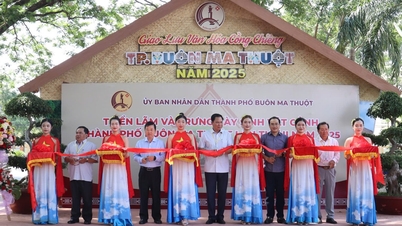
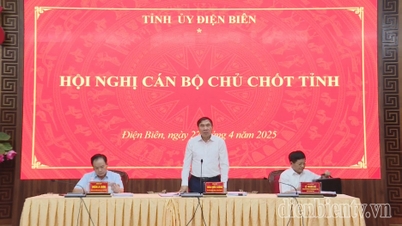
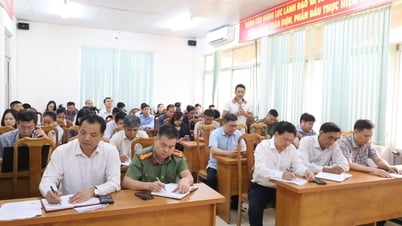


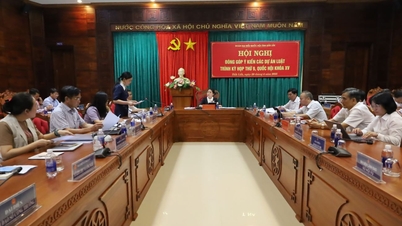
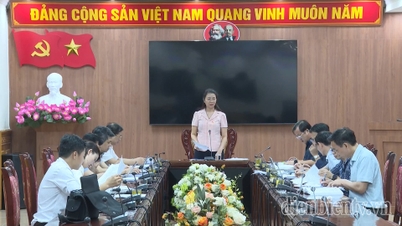


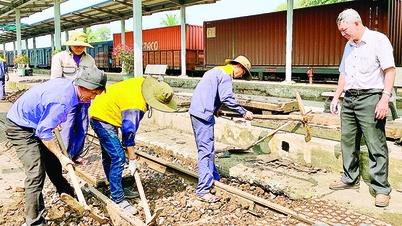
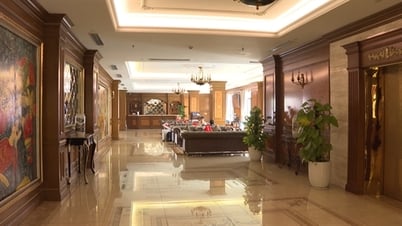

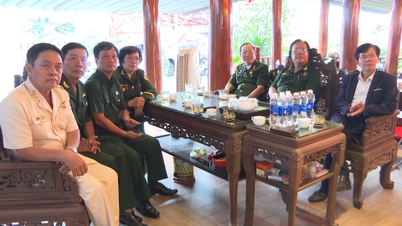




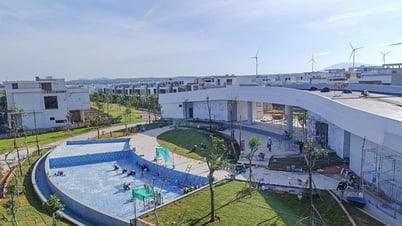

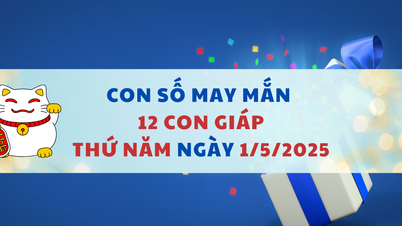


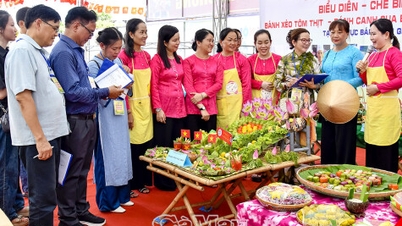





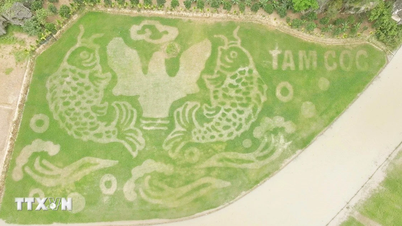







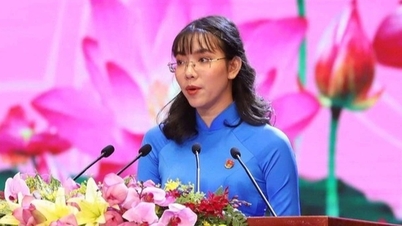























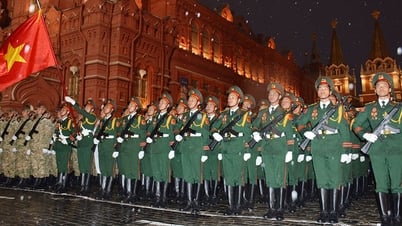












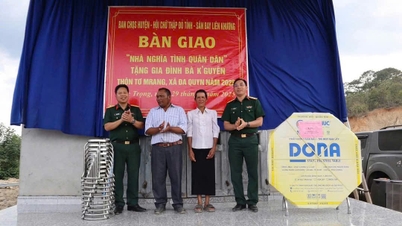

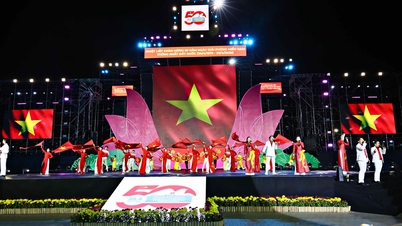













Comment (0)